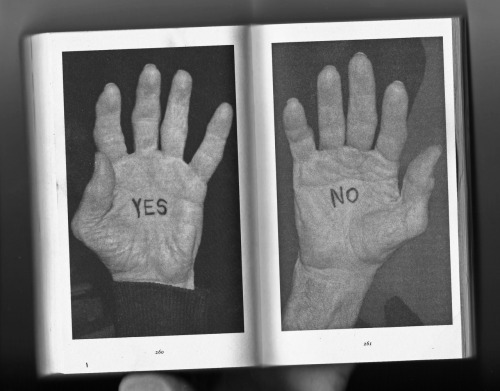
I make no attempt at hiding the fact that Everything is Illuminated is one of my favourite books (and one of my favourite films), and I've read it 3 times in the 4 years I've known of it (the film was one of the first that my boyfriend showed me, and I read the book not long after). I find it the most beautiful piece of writing contrasted against a heart-breaking plot (seriously, cascades of tears every time). So I'm somewhat surprised it took me so long to read another book by Foer. Perhaps I felt it couldn't possibly live up to Everything is Illuminated, and it didn't, but I've already come to the conclusion that little will do for me.
Some people consider Foer overrated, but I just cannot believe that the themes in his books are written with anything but passion and care. I'm no writer, and I'm no snob, and if his work moves me then I'm going to allow myself to move with it.
Much like Everything is Illuminated, Extremely Loud... is also about a rigid search, a delve into history of the protagonist's family. Specifically, the story is told through the eyes of 9 year old Oskar Schell, whose father dies in a terrorist attack. Oskar finds, inside a vase belonging to his father, an envelope with a key inside. On the outside of the envelope is written the name Black, and Oskar decides to contact every person in New York by that name, to try to discover more of his father. In typical Foer style, there is also a narrative that runs alongside in the form of letters from Oskar's Grandfather to Oskar's Father and from Oskar's Grandmother to Oskar.
I've read reviews that describe an issue with the book being the unsympathetic main character, however I feel that doesn't take into account that Oskar is incredibly special. Although I don't think it's directly referenced, it's evident that he possibly has some sort of autism, being incredibly intelligent for his age, but unable to understand social boundaries. Or perhaps that's just the case of being a 9 year old child that has suffered the trauma of losing someone important in his life.
It was actually the side story, which is essentially about Oskar's Grandmother and Grandfather that made me most teary (although obviously Oskar's desperate attempt to understand his father's death is also heart-breaking). I won't go into details.
Jonathan Safran Foer's work is possibly best for those who are sentimental about history and the way humans interact. His sub storylines are usually pieced together from letters or diary entries, something that has been left in the wake of trauma, or used as a way of dealing with grief.
On a side note, I also loved the use of images and experimental layouts that were in my copy of the book. Beautiful and haunting.

Image via